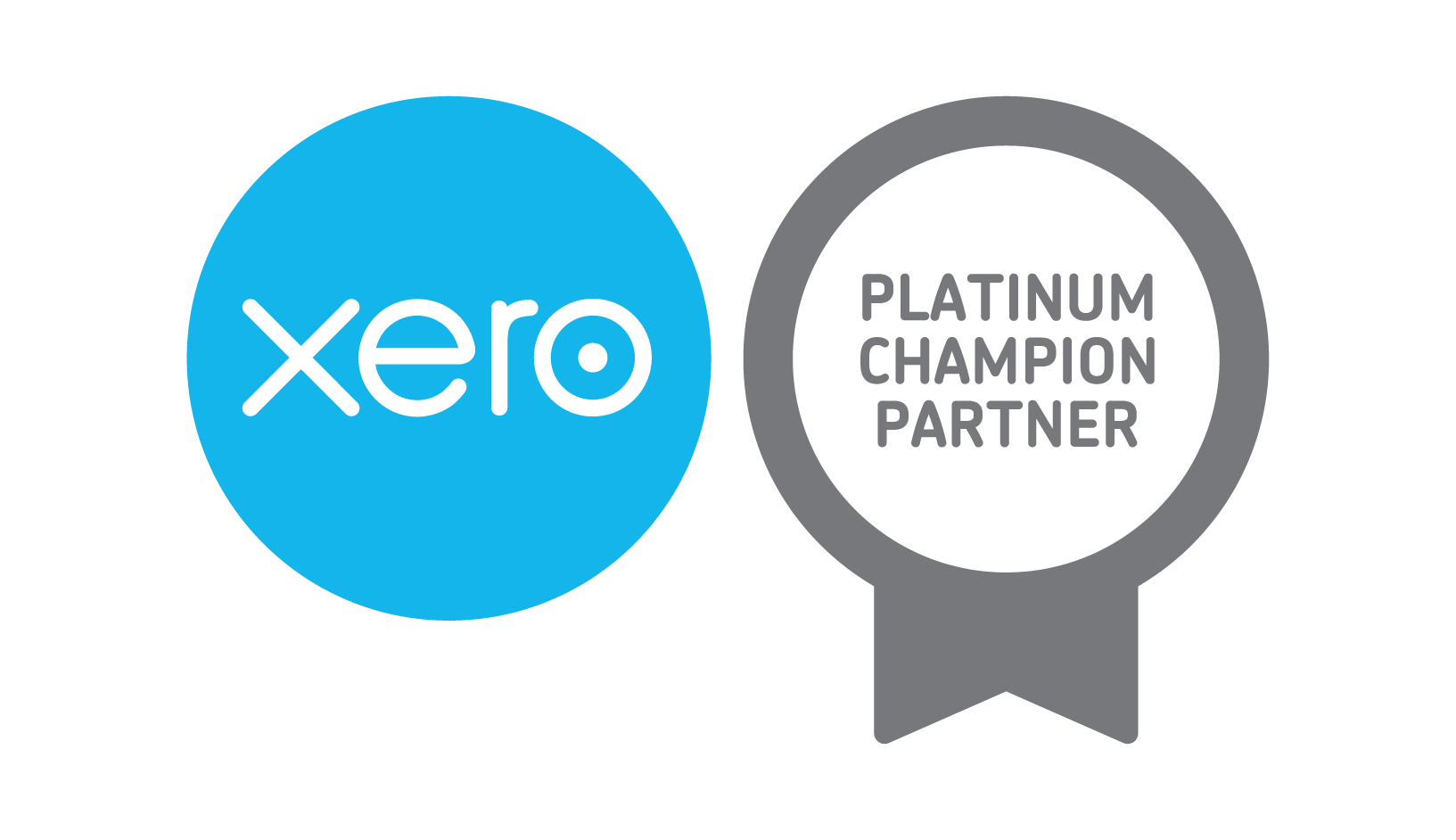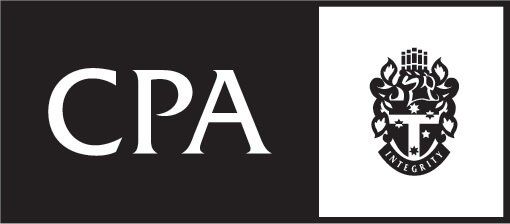Schedule appointment with
Johann Wijeyaratna
Crawford News

December 15, 2025
December 2025 Superannuation Guarantee is due on 28 January 2026 Employee super contributions for the quarter ending 31 December 2025 must be received by the relevant super funds by 28 January 2026. If the correct amount of SG is not paid by an employer on time, the employer must lodge a superannuation guarantee statement and pay the superannuation guarantee charge which includes admin fees and interest. ATO Small Business Superannuation Clearing House is closing ATO Small Business Superannuation Clearing House will close on 1 July 2026. Employers must make arrangements to move to an alternative clearing house now to avoid any unexpected delays with superannuation payments. Following are few key dates in relation to the clearing house. 10 December 2025 — Super payments, along with instructions, must be received by 5.30 pm AEDT on this date. Payments received after this time will be processed from 2 January 2026. 28 January 2026 — December SG due February to March 2026 — Employers should move to an alternative clearing house 28 April 2026 — March SG due 30 June 2026 — Final day of the service. Make final payments. Employers may already have other options readily available so they can exit from using the SBSCH ahead of time and your existing software and payroll packages may already include super functions they can use to pay SG. Popular software packagaes such as Xero contain their own clearing house. ATO's approach to holiday home expenses ATO now takes the view that, if a taxpayer's rental property is also being used as a private holiday home, certain deductions relating to holding it will not be deductible in total as opposed to being apportioned. Expenses relating to ownership and use of the holiday home such as interest, rates and maintenance will not be deductible, unless the holiday home is 'mainly' used to produce assessable income. Whether a holiday home is used 'mainly' to produce assessable income will be determined based on a consideration of a number of factors. However, this will generally not apply to expenses incurred in relation to holiday homes that are rental properties before 1 July 2026, if those expenses are incurred under an arrangement entered into prior to 12 November 2025. ATO warns about barter credit tax scheme The ATO is warning the community to steer clear of an emerging tax scheme involving barter credits — a type of alternative currency used in some business networks. A tax scheme that involves artificially inflating deductions for donations of barter credits to deductible gift recipients is on the rise. While it may seem enticing, promoters and taxpayers could face potentially significant consequences if they are involved. The ATO is concerned that such schemes are being enabled by several barter exchanges that are allowing participants to access barter credits with a nominal face value that is much more than any payments actually made to the exchange. Participants then donate these barter credits to a DGR and claim a larger tax deduction than they are entitled to. Dental expenses are not deductible ATO has noted a number of claims for dental expenses this tax time. Dental expenses, including preventative and necessary dental treatment, medical expenses and other costs relating to personal appearance are not deductible. These expenses are generally private expenses, even if an employer expects an employee to maintain a certain appearance, or pays them an allowance to cover grooming expenses. A deduction can only be claimed for an expense that directly relates to earning their income. Private expenses cannot be claimed as a deduction. Taxpayers should have written evidence of all their expenses, and be able to show a direct connection with those expenses to their employment income. The information provided in this Newsletter is general in nature and if you have any queries or require further information or assistance with the above, please contact our office.

November 6, 2025
ATO Focus on Small Business The ATO is actively identifying and addressing errors among businesses with turnovers between $1 million and $10 million. Key industries under scrutiny include property and construction, as well as professional, scientific, and technical services such as engineering, IT, design, and consulting. Common issues observed include: Omitted income or sales in Business Activity Statements and tax returns, including income from related entities. Overstated expenses or GST credits. Private expenses incorrectly reported as business-related or not properly apportioned. Failure to register for GST when required. Incorrect R&D tax incentive claims for ineligible activities. Lack of independent advice from registered tax agents, particularly in contractor arrangements. By highlighting these issues, the ATO aims to help small business operators improve compliance and avoid common mistakes. Dual Cab Utes and FBT Dual cab utes are not automatically exempt from fringe benefits tax. If an employer provides a dual cab ute for work purposes and it is available for personal use, it may be subject to FBT. To qualify for an exemption, the vehicle must: Be an eligible vehicle , meaning it is designed to carry at least one tonne, more than eight passengers, or it is not primarily designed for passenger use. Be used only for limited private purposes , such as minor, infrequent, or irregular trips. If these conditions are not met, the employer may be liable for FBT. Employers should monitor employee vehicle use and maintain proper documentation to determine eligibility. Claiming Business Expenses Taxpayers can claim deductions for most business expenses if they comply with the ATO’s three key rules which are: The expense must relate directly to business use. If the expense has both business and private use, only the business portion can be claimed. Taxpayers must keep records to substantiate their claims. New ATO Data-Matching Programs The ATO continues to enhance its data-matching programs to improve compliance, detect errors, and prevent fraud. Data is used to pre-fill returns, verify accuracy, and identify taxpayers who may need assistance. When discrepancies arise, the ATO may contact tax agents or their clients to clarify the differences. Rental Properties ATO will issue letters to taxpayers where its data suggests that rent income was omitted or incorrect in previously lodged returns. If you receive such a letter, please contact our office for assistance. Offshore Merchant Data-Matching The ATO will collect merchant transaction data from Australia’s major banks for the 2025–2027 financial years. Around 9,000 offshore merchant records will be acquired annually. SMSF Compliance and Release Authorities The ATO has noted an increase in self-managed super funds failing to comply with release authorities such as excess contributions or Division 293 tax. Common issues include: Failure to respond within the required 10 business days. Incorrect responses, such as not releasing the full amount or not submitting a release authority statement. Non-compliance can attract significant penalties. Trustees should ensure robust systems are in place to respond promptly and correctly to ATO release authorities. The information in this publication is general in nature and should not be relied upon as professional advice. Individuals should seek specific guidance to ensure applicability to their personal circumstances.

October 7, 2025
Reminder of September Quarter Superannuation Guarantee Employee super contributions for the quarter ending 30 September 2025 must be received by the relevant super funds by Tuesday, 28 October 2025. If the correct amount of SG is not paid by an employer on time, they will be liable to pay the SG charge, which includes a penalty and interest component. Dealing with rental property repairs Taxpayers who have had work done on their rental property should ensure the expense is categorised correctly to avoid errors when completing their tax return. A deduction for repairs and maintenance expenses can be claimed for work done to remedy, or prevent defects, damage or deterioration from using the property to earn income. These expenses can be claimed in the year they were incurred. However, some capital expenditure may not be immediately deductible, such as for initial repairs, capital works, improvements and depreciating assets. Initial repairs include fixing any pre-existing damage or deterioration that existed at the time of purchasing the property, even if the damage or deterioration was unknown to the taxpayer at the time of purchase. Initial repairs are treated as part of the acquisition cost and included in the cost base of the property for CGT purposes, unless they are capital works or depreciating assets. Capital works are structural improvements, alterations and extensions to the property, and can generally be claimed at 2.5% over 40 years. Capital works deductions can only be claimed after the work has been completed, regardless of when the taxpayer pays the deposit and instalments. Improvements or renovations that are structural are also capital works. Work that goes beyond remedying defects, damage or deterioration that improves the function of the property is regarded as an improvement. Repairs to an entirety are capital and cannot be claimed as repairs. Repairs to an entirety generally involve the replacement or reconstruction of something separately identifiable as a capital item. ATO warns private use of work vehicles and FBT Employers who provide vehicles to their employees need to check how the vehicles are used and whether any exemptions apply to determine if they attract fringe benefits tax. FBT generally applies when a work vehicle is made available for private use, even if it is not actually used. Private use includes any travel not directly related to the employee's job. Exemptions may apply depending on the vehicle's specifications and the nature of the private use. The most common issues the ATO sees include: incorrectly treating private use as business use; assuming dual cab utes are exempt from FBT — exemptions only apply if the vehicle is eligible for the specific FBT exemption and private use is limited; incorrectly classifying vehicles; poor record keeping that does not support the claims or the FBT calculations made Tips to help sole trader clients The ATO is seeing sole traders make mistakes in the following areas: not reporting all income — this includes income earned outside their business (like a 'side hustle'), cash jobs, or payments in-kind/barter deals; overclaiming expenses — this includes claiming the portion of an expense related to personal use, or overstating the cost of goods sold and other business expenses; calculating business losses; incorrectly claiming and offsetting losses from non-commercial business activities against other income sources; misreporting personal services income ('PSI') to gain tax benefits; not registering for GST if they are in the taxi or ride-sourcing industry, or when they reach the GST threshold; and not keeping accurate and complete records. The information provided in this Newsletter is general in nature and if you have any queries or require further information or assistance with the above, please contact our office.

September 8, 2025
Are you covered in the event of an audit or a review? With government revenue authorities increasingly using data matching, artificial intelligence, and even social media, they can compare disclosures made in your lodged tax returns to those of other taxpayers or benchmarks. If a data matching check escalates to an official audit, inquiry, investigation, or review, costs in defending your position can accumulate quickly, regardless of whether any adjustments are made to your returns The Audit Shield service is designed to cover such unexpected costs in the event of an audit or a review, and the policy is underwritten by AAI Limited. Benefits of our Audit Shield service: Audits and reviews of Employer Obligations (PAYG/FBT/SG), Income Tax, and GST covered. Previously lodged returns are covered automatically. Fees of any other external specialist (e.g. taxation lawyers) or relevant consultant engaged or instructed by us to assist us in a response to audit activity are also covered. Payment is tax deductible. Please contact our office for more information. Reducing student debt is now law 2026 Federal budget announcement of reducing student debt is now law. A 20% reduction will apply to Higher Education Loan Program debts and other student loans that were incurred before 1 June 2025. The minimum repayment threshold is also increased from $54,435 to $67,000 in 2026 financial year and a new marginal repayment system will apply to taxpayers with income above $ 67,000 for repayment calculations. Previously the repayments were based on a percentage of the repayment income. Small Business Superannuation Clearing House is closing The Small Business Superannuation Clearing House will close on 1 July 2026. SBSCH is a free online service provided by the Australian Government through the ATO to enable superannuation payments. New user registrations will close on 1 October 2025. Existing users must now transition to alternative solutions such as Xero. ATO will include on hold debts in account balances From August 2025 ATO will be including debts on hold in taxpayer ATO account balances. A debt on hold is an outstanding tax debt which ATO has previously put debt collection actions on hold. ATO is currently offsetting such debts on hold against any refunds or credits the taxpayer may get, and ATO has not historically recorded these debts on taxpayer statements of account. If you have debts on hold, more than $100, you will receive a letter before it is added to your ATO account balance. If you have a debt on hold of less than $100, the debt will be included in their ATO account balance but will not receive a letter. PAYGW reminders for activity statements ATO will be sending employers a reminder to lodge their activity statements which include the amounts the ATO has on record for them such as PAYGW reported via STP, GST instalments and PAYG instalments. The ATO's reminders are intended to provide a timeframe for employers to review the prefilled information before lodging activity statements. If the employers do not lodge by the specified date, the ATO will lodge the activity statements based on the information they have, and the debt will be payable. If employers do not make any changes to correct the data or lodge by the due date and the activity statement has been finalised by ATO, they will need to adjust these amounts by lodging a revised activity statement. The information provided in this Newsletter is general in nature and if you have any queries or require further information or assistance with the above, please contact our office.
Crawford Accountants are a Xero Platinum Partner
Crawford News

December 15, 2025
December 2025 Superannuation Guarantee is due on 28 January 2026 Employee super contributions for the quarter ending 31 December 2025 must be received by the relevant super funds by 28 January 2026. If the correct amount of SG is not paid by an employer on time, the employer must lodge a superannuation guarantee statement and pay the superannuation guarantee charge which includes admin fees and interest. ATO Small Business Superannuation Clearing House is closing ATO Small Business Superannuation Clearing House will close on 1 July 2026. Employers must make arrangements to move to an alternative clearing house now to avoid any unexpected delays with superannuation payments. Following are few key dates in relation to the clearing house. 10 December 2025 — Super payments, along with instructions, must be received by 5.30 pm AEDT on this date. Payments received after this time will be processed from 2 January 2026. 28 January 2026 — December SG due February to March 2026 — Employers should move to an alternative clearing house 28 April 2026 — March SG due 30 June 2026 — Final day of the service. Make final payments. Employers may already have other options readily available so they can exit from using the SBSCH ahead of time and your existing software and payroll packages may already include super functions they can use to pay SG. Popular software packagaes such as Xero contain their own clearing house. ATO's approach to holiday home expenses ATO now takes the view that, if a taxpayer's rental property is also being used as a private holiday home, certain deductions relating to holding it will not be deductible in total as opposed to being apportioned. Expenses relating to ownership and use of the holiday home such as interest, rates and maintenance will not be deductible, unless the holiday home is 'mainly' used to produce assessable income. Whether a holiday home is used 'mainly' to produce assessable income will be determined based on a consideration of a number of factors. However, this will generally not apply to expenses incurred in relation to holiday homes that are rental properties before 1 July 2026, if those expenses are incurred under an arrangement entered into prior to 12 November 2025. ATO warns about barter credit tax scheme The ATO is warning the community to steer clear of an emerging tax scheme involving barter credits — a type of alternative currency used in some business networks. A tax scheme that involves artificially inflating deductions for donations of barter credits to deductible gift recipients is on the rise. While it may seem enticing, promoters and taxpayers could face potentially significant consequences if they are involved. The ATO is concerned that such schemes are being enabled by several barter exchanges that are allowing participants to access barter credits with a nominal face value that is much more than any payments actually made to the exchange. Participants then donate these barter credits to a DGR and claim a larger tax deduction than they are entitled to. Dental expenses are not deductible ATO has noted a number of claims for dental expenses this tax time. Dental expenses, including preventative and necessary dental treatment, medical expenses and other costs relating to personal appearance are not deductible. These expenses are generally private expenses, even if an employer expects an employee to maintain a certain appearance, or pays them an allowance to cover grooming expenses. A deduction can only be claimed for an expense that directly relates to earning their income. Private expenses cannot be claimed as a deduction. Taxpayers should have written evidence of all their expenses, and be able to show a direct connection with those expenses to their employment income. The information provided in this Newsletter is general in nature and if you have any queries or require further information or assistance with the above, please contact our office.

November 6, 2025
ATO Focus on Small Business The ATO is actively identifying and addressing errors among businesses with turnovers between $1 million and $10 million. Key industries under scrutiny include property and construction, as well as professional, scientific, and technical services such as engineering, IT, design, and consulting. Common issues observed include: Omitted income or sales in Business Activity Statements and tax returns, including income from related entities. Overstated expenses or GST credits. Private expenses incorrectly reported as business-related or not properly apportioned. Failure to register for GST when required. Incorrect R&D tax incentive claims for ineligible activities. Lack of independent advice from registered tax agents, particularly in contractor arrangements. By highlighting these issues, the ATO aims to help small business operators improve compliance and avoid common mistakes. Dual Cab Utes and FBT Dual cab utes are not automatically exempt from fringe benefits tax. If an employer provides a dual cab ute for work purposes and it is available for personal use, it may be subject to FBT. To qualify for an exemption, the vehicle must: Be an eligible vehicle , meaning it is designed to carry at least one tonne, more than eight passengers, or it is not primarily designed for passenger use. Be used only for limited private purposes , such as minor, infrequent, or irregular trips. If these conditions are not met, the employer may be liable for FBT. Employers should monitor employee vehicle use and maintain proper documentation to determine eligibility. Claiming Business Expenses Taxpayers can claim deductions for most business expenses if they comply with the ATO’s three key rules which are: The expense must relate directly to business use. If the expense has both business and private use, only the business portion can be claimed. Taxpayers must keep records to substantiate their claims. New ATO Data-Matching Programs The ATO continues to enhance its data-matching programs to improve compliance, detect errors, and prevent fraud. Data is used to pre-fill returns, verify accuracy, and identify taxpayers who may need assistance. When discrepancies arise, the ATO may contact tax agents or their clients to clarify the differences. Rental Properties ATO will issue letters to taxpayers where its data suggests that rent income was omitted or incorrect in previously lodged returns. If you receive such a letter, please contact our office for assistance. Offshore Merchant Data-Matching The ATO will collect merchant transaction data from Australia’s major banks for the 2025–2027 financial years. Around 9,000 offshore merchant records will be acquired annually. SMSF Compliance and Release Authorities The ATO has noted an increase in self-managed super funds failing to comply with release authorities such as excess contributions or Division 293 tax. Common issues include: Failure to respond within the required 10 business days. Incorrect responses, such as not releasing the full amount or not submitting a release authority statement. Non-compliance can attract significant penalties. Trustees should ensure robust systems are in place to respond promptly and correctly to ATO release authorities. The information in this publication is general in nature and should not be relied upon as professional advice. Individuals should seek specific guidance to ensure applicability to their personal circumstances.

October 7, 2025
Reminder of September Quarter Superannuation Guarantee Employee super contributions for the quarter ending 30 September 2025 must be received by the relevant super funds by Tuesday, 28 October 2025. If the correct amount of SG is not paid by an employer on time, they will be liable to pay the SG charge, which includes a penalty and interest component. Dealing with rental property repairs Taxpayers who have had work done on their rental property should ensure the expense is categorised correctly to avoid errors when completing their tax return. A deduction for repairs and maintenance expenses can be claimed for work done to remedy, or prevent defects, damage or deterioration from using the property to earn income. These expenses can be claimed in the year they were incurred. However, some capital expenditure may not be immediately deductible, such as for initial repairs, capital works, improvements and depreciating assets. Initial repairs include fixing any pre-existing damage or deterioration that existed at the time of purchasing the property, even if the damage or deterioration was unknown to the taxpayer at the time of purchase. Initial repairs are treated as part of the acquisition cost and included in the cost base of the property for CGT purposes, unless they are capital works or depreciating assets. Capital works are structural improvements, alterations and extensions to the property, and can generally be claimed at 2.5% over 40 years. Capital works deductions can only be claimed after the work has been completed, regardless of when the taxpayer pays the deposit and instalments. Improvements or renovations that are structural are also capital works. Work that goes beyond remedying defects, damage or deterioration that improves the function of the property is regarded as an improvement. Repairs to an entirety are capital and cannot be claimed as repairs. Repairs to an entirety generally involve the replacement or reconstruction of something separately identifiable as a capital item. ATO warns private use of work vehicles and FBT Employers who provide vehicles to their employees need to check how the vehicles are used and whether any exemptions apply to determine if they attract fringe benefits tax. FBT generally applies when a work vehicle is made available for private use, even if it is not actually used. Private use includes any travel not directly related to the employee's job. Exemptions may apply depending on the vehicle's specifications and the nature of the private use. The most common issues the ATO sees include: incorrectly treating private use as business use; assuming dual cab utes are exempt from FBT — exemptions only apply if the vehicle is eligible for the specific FBT exemption and private use is limited; incorrectly classifying vehicles; poor record keeping that does not support the claims or the FBT calculations made Tips to help sole trader clients The ATO is seeing sole traders make mistakes in the following areas: not reporting all income — this includes income earned outside their business (like a 'side hustle'), cash jobs, or payments in-kind/barter deals; overclaiming expenses — this includes claiming the portion of an expense related to personal use, or overstating the cost of goods sold and other business expenses; calculating business losses; incorrectly claiming and offsetting losses from non-commercial business activities against other income sources; misreporting personal services income ('PSI') to gain tax benefits; not registering for GST if they are in the taxi or ride-sourcing industry, or when they reach the GST threshold; and not keeping accurate and complete records. The information provided in this Newsletter is general in nature and if you have any queries or require further information or assistance with the above, please contact our office.

September 8, 2025
Are you covered in the event of an audit or a review? With government revenue authorities increasingly using data matching, artificial intelligence, and even social media, they can compare disclosures made in your lodged tax returns to those of other taxpayers or benchmarks. If a data matching check escalates to an official audit, inquiry, investigation, or review, costs in defending your position can accumulate quickly, regardless of whether any adjustments are made to your returns The Audit Shield service is designed to cover such unexpected costs in the event of an audit or a review, and the policy is underwritten by AAI Limited. Benefits of our Audit Shield service: Audits and reviews of Employer Obligations (PAYG/FBT/SG), Income Tax, and GST covered. Previously lodged returns are covered automatically. Fees of any other external specialist (e.g. taxation lawyers) or relevant consultant engaged or instructed by us to assist us in a response to audit activity are also covered. Payment is tax deductible. Please contact our office for more information. Reducing student debt is now law 2026 Federal budget announcement of reducing student debt is now law. A 20% reduction will apply to Higher Education Loan Program debts and other student loans that were incurred before 1 June 2025. The minimum repayment threshold is also increased from $54,435 to $67,000 in 2026 financial year and a new marginal repayment system will apply to taxpayers with income above $ 67,000 for repayment calculations. Previously the repayments were based on a percentage of the repayment income. Small Business Superannuation Clearing House is closing The Small Business Superannuation Clearing House will close on 1 July 2026. SBSCH is a free online service provided by the Australian Government through the ATO to enable superannuation payments. New user registrations will close on 1 October 2025. Existing users must now transition to alternative solutions such as Xero. ATO will include on hold debts in account balances From August 2025 ATO will be including debts on hold in taxpayer ATO account balances. A debt on hold is an outstanding tax debt which ATO has previously put debt collection actions on hold. ATO is currently offsetting such debts on hold against any refunds or credits the taxpayer may get, and ATO has not historically recorded these debts on taxpayer statements of account. If you have debts on hold, more than $100, you will receive a letter before it is added to your ATO account balance. If you have a debt on hold of less than $100, the debt will be included in their ATO account balance but will not receive a letter. PAYGW reminders for activity statements ATO will be sending employers a reminder to lodge their activity statements which include the amounts the ATO has on record for them such as PAYGW reported via STP, GST instalments and PAYG instalments. The ATO's reminders are intended to provide a timeframe for employers to review the prefilled information before lodging activity statements. If the employers do not lodge by the specified date, the ATO will lodge the activity statements based on the information they have, and the debt will be payable. If employers do not make any changes to correct the data or lodge by the due date and the activity statement has been finalised by ATO, they will need to adjust these amounts by lodging a revised activity statement. The information provided in this Newsletter is general in nature and if you have any queries or require further information or assistance with the above, please contact our office.



